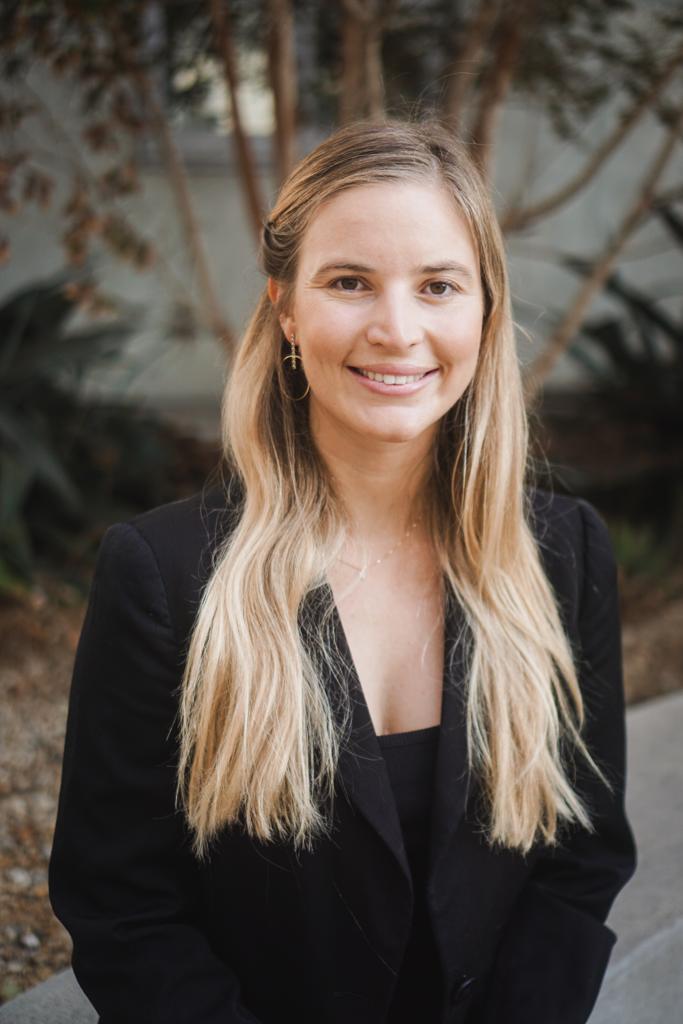The Greener Gender: Women Politicians and Deforestation in Brazil

Dr. Kathryn Baragwanath's pioneering work has deepened our understanding of the political economy of natural resources in Latin America, including how securing property rights for Indigenous peoples contributes to forest conservation, and how oil windfall affects corruption. In this seminar, she brings us novel insights on the intersection of gender, politics, and deforestation.
—Flora He, PhD Student, Bren School
Please email events@bren.ucsb.edu to request access to a recording of this talk.
ABSTRACT
Women are often heralded as environmental leaders, yet the reasons for their presumed environmental commitment remain unclear. This paper examines the impact of women’s political representation on deforestation rates in Brazil. We argue that women, when elected to office, are more likely to drive improved environmental outcomes due to their reduced access to corrupt networks that influence the enforcement of environmental laws. We exploit close election regression discontinuity design to establish the causal effects of electing a woman on deforestation. Consistent with our theory, we find that electing a woman as mayor leads to significantly lower rates of deforestation during the woman's time in office. We show that women are significantly less corrupt than men and are less likely to have connections to or receive campaign funding from the agricultural sector, which has vested interests in deforestation. This, in turn, drives the observed effects on deforestation. Additionally, we show that these effects are not driven by differential preferences or educational levels. Altogether, our findings demonstrate that women’s political representation significantly reduces deforestation rates in the Brazil. This reduction is driven by women's lower propensity for corruption and their decreased likelihood of being influenced by vested interests in the agricultural sector.
BIO
Kathryn Baragwanath is an Academy Scholar at the Harvard Academy for International and Area Studies. Her work explores the political economy of natural resources and environmental policy in developing countries. Her research focuses on three inter-related questions: (1) the political drivers of deforestation and environmental depletion, (2) the effect of commodity price cycles on government accountability and local governance, and (3) measuring the spatial distribution of economic activity using remote-sensing technologies. Before obtaining her PhD at UCSD, she worked as a research economist at the Chilean Antitrust Agency. She received a BA and MA in Economics from the Pontificia Universidad Católica de Chile.